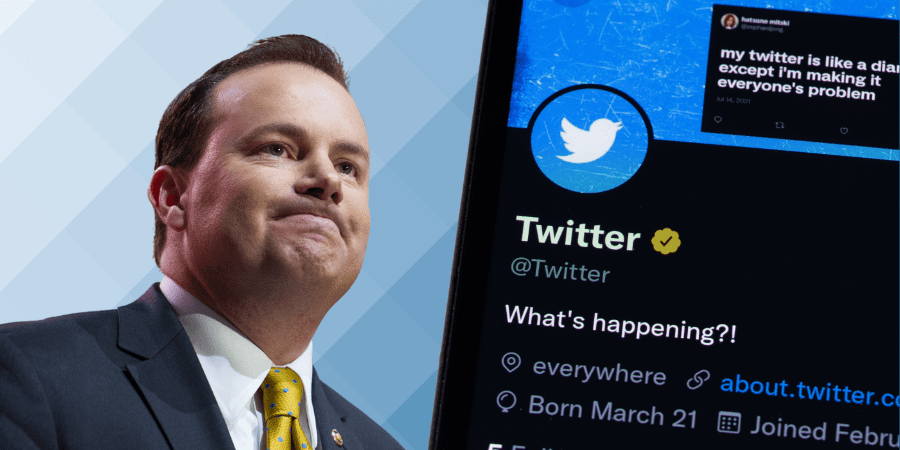
In this article, we’ll look at the recent suspension of Utah Republican Sen. Mike Lee’s personal Twitter account, @BasedMikeLee, and the subsequent reversal of the suspension by Twitter.
We’ll explore the reasons behind the suspension and the controversy it sparked, as well as the larger debate around social media censorship and moderation.
Key Takeaways:
- Utah Republican Sen. Mike Lee’s personal Twitter account, @BasedMikeLee, was suspended without warning or explanation.
- Lee’s account was later restored after receiving backlash from his supporters and pressure from Twitter CEO Elon Musk.
- This incident marks the second time in a month that Twitter has suspended a sitting US senator, with the previous incident involving Montana Republican Sen. Steve Daines’ account.
- It’s unclear why Lee’s account was suspended in the first place, but Musk later tweeted that the account was “incorrectly flagged as impersonation.”
- This incident highlights the ongoing debate around social media censorship and moderation.
Sen. Mike Lee’s Personal Twitter Account Suspended
On Wednesday, March 1, 2023, Sen. Mike Lee’s personal Twitter account, @BasedMikeLee, was suspended without warning or explanation. The account displayed a suspension message from Twitter, with Lee tweeting from his official Senate account that he had reached out to Twitter “seeking answers.”
Lee had also tweeted at the Japanese Prime Minister earlier in the day, calling for the return of imprisoned Navy Lt. Ridge Alkonis, who is serving prison time for his role in a deadly car crash. When asked about the reason for the suspension, Lee stated that he didn’t say anything that was worthy of suspension.
Twitter Reverses Suspension After Backlash
After receiving backlash from Lee’s supporters, Twitter reversed the suspension of his account just a few hours later. Lee tweeted from his personal account, “Thanks to all who assisted in operation #Free@basedMikeLee. Still no explanation from @Twitter as to what happened.”
It’s unclear why Lee’s account was suspended in the first place, but Elon Musk, the owner of Twitter, later tweeted that the account was “incorrectly flagged as impersonation.” CNN did not receive a comment from Twitter after requesting one.
This is the second time in a month that Twitter has suspended a US senator’s account. In February, Twitter suspended Sen. Steve Daines’ account briefly due to a profile photo that violated its policies. Elon Musk contacted Daines personally and restored his account.
Debate Around Social Media Censorship and Moderation
This incident highlights the ongoing debate around social media censorship and moderation. Some argue that these platforms have too much power over what people can and cannot say online, while others believe that it’s important to monitor and regulate harmful or misleading content.
Critics of social media censorship argue that it’s a violation of free speech, and that these platforms have an obligation to allow all viewpoints to be expressed. They argue that if social media companies are allowed to censor content, it could lead to a slippery slope where they start censoring content that is unpopular or controversial.
Proponents of social media censorship, on the other hand, argue that it’s important to regulate harmful or misleading content, such as hate speech or misinformation. They argue that social media companies have a responsibility to protect their users from harmful content, and that they should be held accountable for any content that they allow on their platforms.
The debate around social media censorship and moderation is likely to continue, as social media continues to play a significant role in political discourse and communication. As incidents like this continue to spark controversy and debate, it’s important to find a balance between free speech and responsible content moderation.
 Sections of this topic
Sections of this topic















